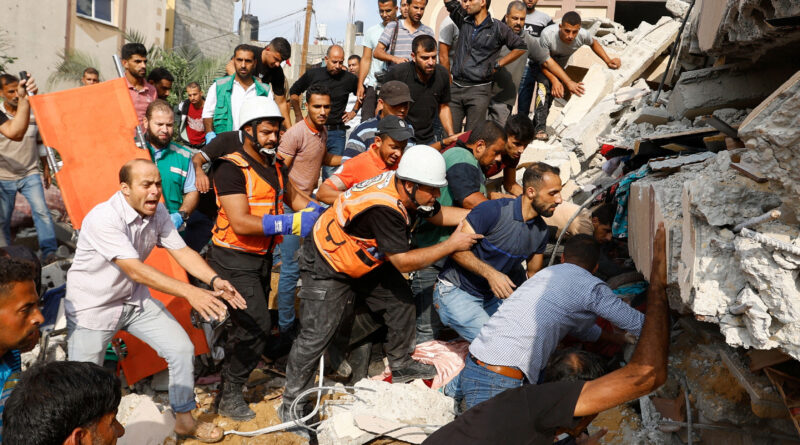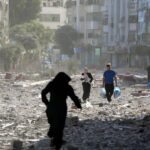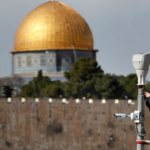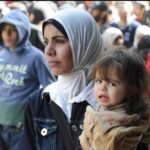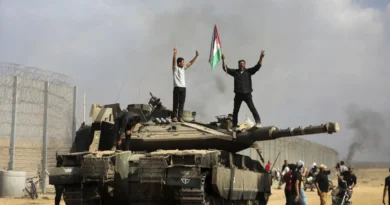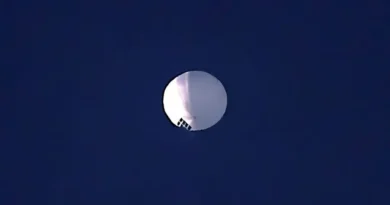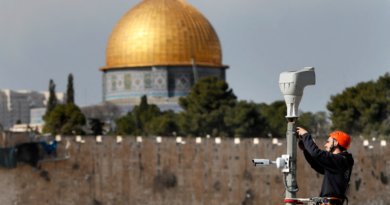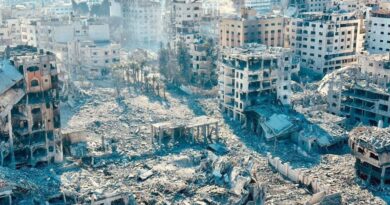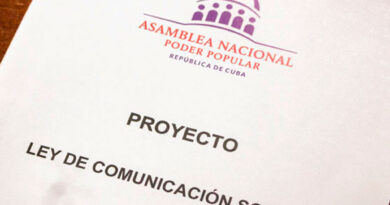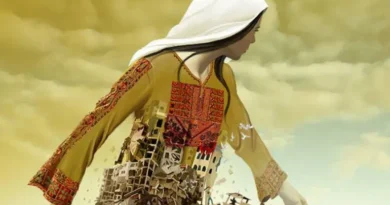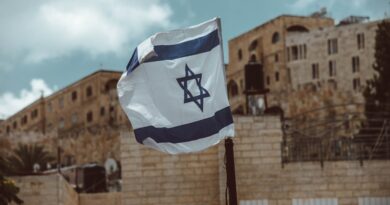The anguish of Gaza without energy, water and food under Israeli bombardments
KHOLOUD FAQAWI
Israel announced on Monday night a total blockade of the Gaza Strip, which includes the closure of all border crossings and the cutting of the supply of electricity, water, food and fuel to the region, while aerial bombardments continue on buildings of homes and other targets in the Palestinian territory.
This comes as the war between Israel and the Palestinian Hamas movement enters its third day, with continued Israeli retaliatory airstrikes against targets in the Gaza Strip in response to the unprecedented, large-scale attack launched by Hamas militants against Israeli cities. close to the border with Gaza.
Israeli airstrikes have caused hundreds of deaths and thousands of injuries among Palestinians in the strip, with entire residential buildings leveled, scenes of widespread destruction and people searching for their relatives under the rubble, while hospitals collapse amid a great shortage of medicines.
Meanwhile, Hamas and other Palestinian factions continued to fire rockets at Israeli cities and towns. All these events have aggravated the humanitarian situation in the Gaza Strip, home to more than two million people, which has been under blockade for more than 17 years.
The United Nations announced that more than 123.000 people have been displaced from their homes in Gaza since the start of the recent conflict.
“More than 123.538 people have become internally displaced within Gaza due to fear and concern for protection and the destruction of their homes,” declared the UN agency for Palestinian refugees UNRWA.
The agency added that more than 73.000 people have sought shelter in schools that some have designated as emergency shelters.
“In these schools there is electricity and we provide them with meals, drinking water, psychological support and medical treatment,” said UNRWA spokesperson Adnan Abu Hasna, who expects the number of displaced people to increase.
This crisis has cast a shadow over the Gaza Strip's already weakened health system, which has been suffering for years from severe shortages of medicines and medical supplies.
A statement from the Palestinian Health Ministry said that “intense efforts are being made with aid and international organizations to provide medicines and medical supplies given the serious shortages caused by the Israeli blockade and the continued Israeli aggression against our people.”
Most areas of the strip suffer frequent power outages due to Israel's suspension of power supplies to the region. Gaza's power plant can only supply about 20% of the electricity needed in the strip.
Ashraf al-Qidra, spokesperson for the Ministry of Health, stated that the sudden and violent attacks by Israeli aircraft against residential neighborhoods are having serious repercussions on the health system, especially because they only have basic medical resources that may not last long in the current war situation.
Al-Qidra appealed to the international community to help them due to the power outage and the shortage of more than 60% of medical supplies.
The director of the Gaza charity “Medical Aid for Palestinians,” Mahmoud Shalabi, described the city’s main hospital as a “slaughterhouse.”
He explained that a large number of people are lying on the floor in the emergency room. He added that there are many bodies in the morgue and that medical teams have not been able to cope with the massive influx of wounded.
European Union foreign ministers are scheduled to meet urgently this Tuesday to analyze the situation and review development aid provided by EU countries to the Palestinians, according to statements from a senior diplomat in Brussels.
The aid allocated to the Palestinians in the European Union budget for 2022 amounts to 296 million euros.
Observers predict that this will have disastrous consequences for the humanitarian situation in the Gaza Strip and the occupied West Bank.
The United Nations estimates that around 2,1 million people in the Palestinian territories need humanitarian aid, including one million children.
Kholoud Faqawi is a Palestinian journalist. She was born and lives in the Gaza Strip

